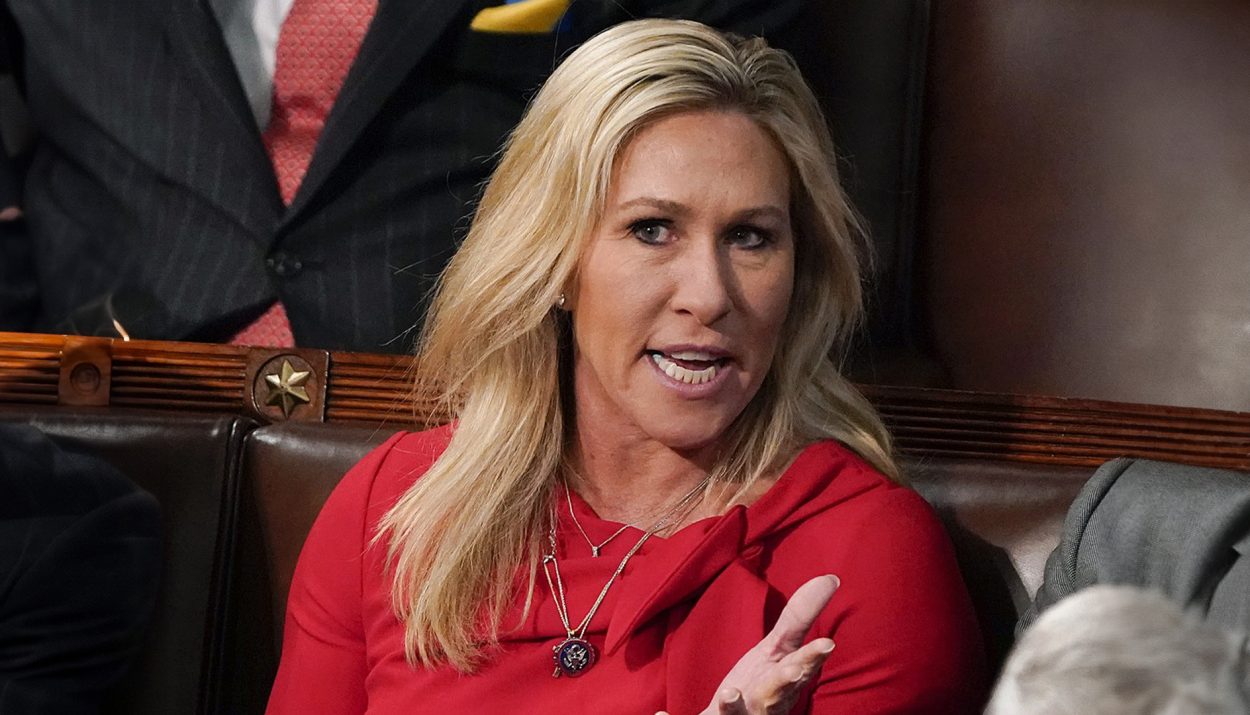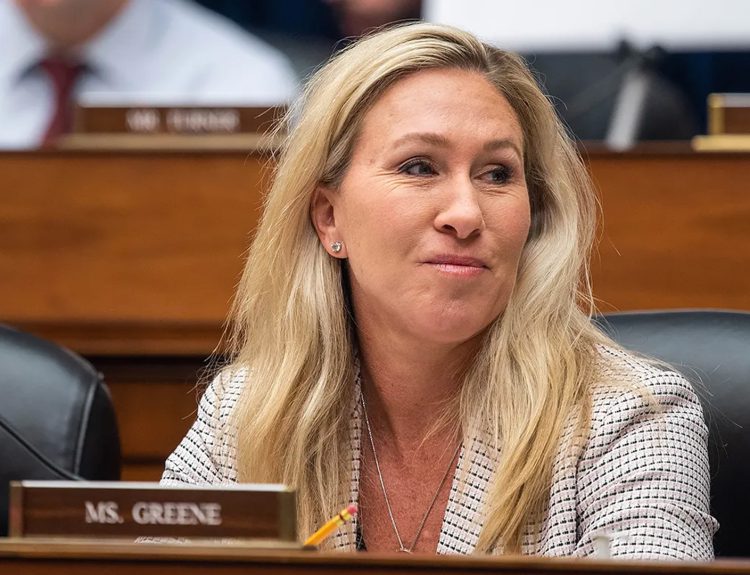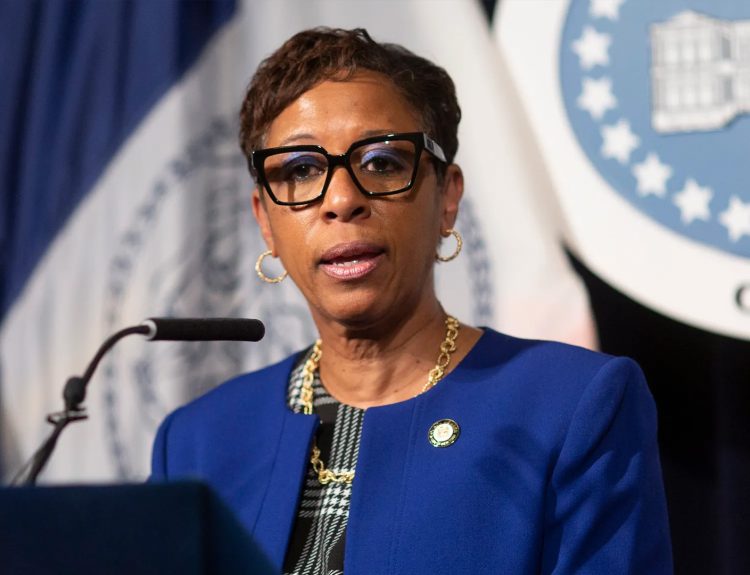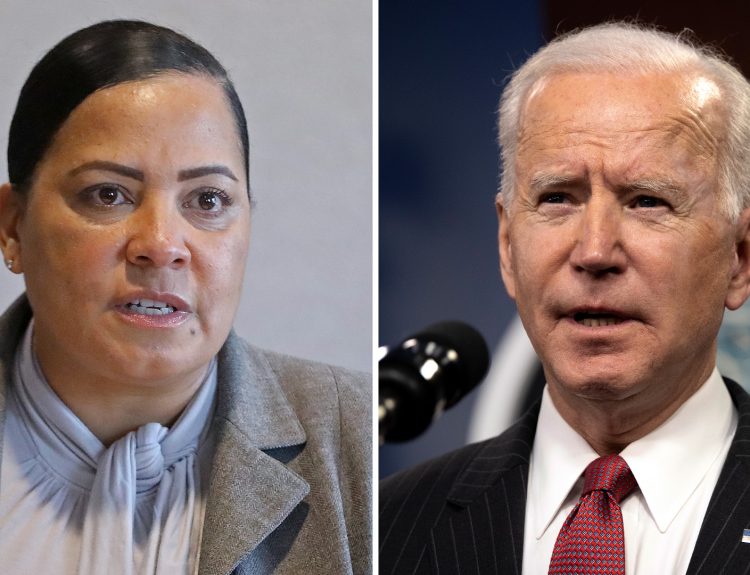In the ever-evolving landscape of American politics, few figures have sparked as much controversy and debate as Marjorie Taylor Greene. The U.S. Representative from Georgia has become a lightning rod for criticism due to her outspoken views on a variety of issues, most recently Diversity, Equity, and Inclusion (DEI) initiatives.
Who is Marjorie Taylor Greene?
Marjorie Taylor Greene is an American businesswoman and politician serving as the U.S. Representative for Georgia’s 14th congressional district since 2021. She began her political career by getting involved with local community matters that eventually led her into running for Congress.
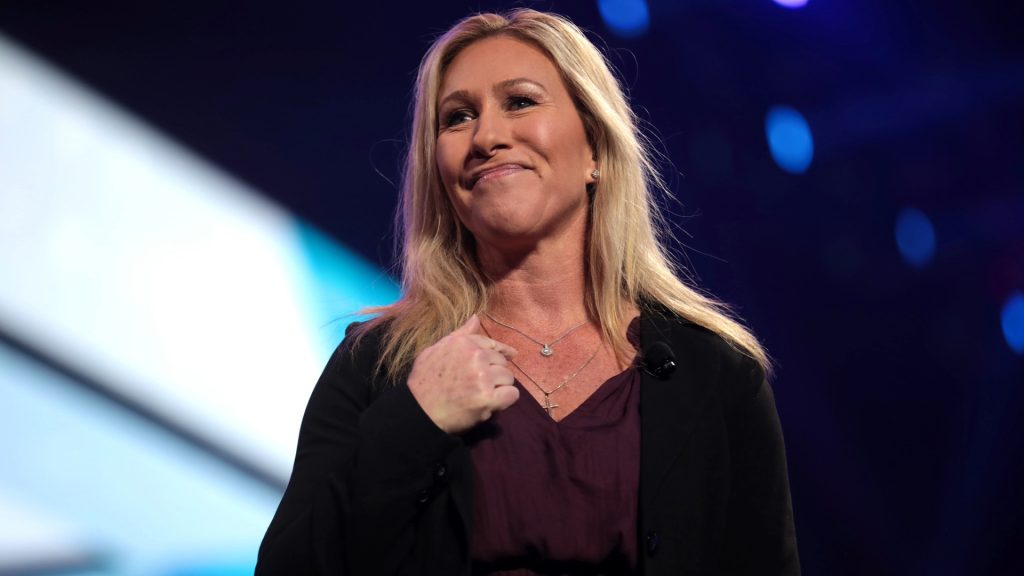
A conspicuous presence in American politics, Greene is known for speaking candidly on many topics, some of which are highly contentious. She belongs to the Republican Party and is affiliated with the conservative Freedom Caucus within the House of Representatives.
Understanding DEI (Diversity, Equity, and Inclusion)
DEI stands for Diversity, Equity and Inclusion. These three concepts form a foundation upon which an environment that makes everyone feel valued and respected can be built. This encompasses diversity where group membership consists of different identities and perspectives including but not limited to race, ethnicity, sex/gender identity/sexual orientation, age, religion or disability status among others.
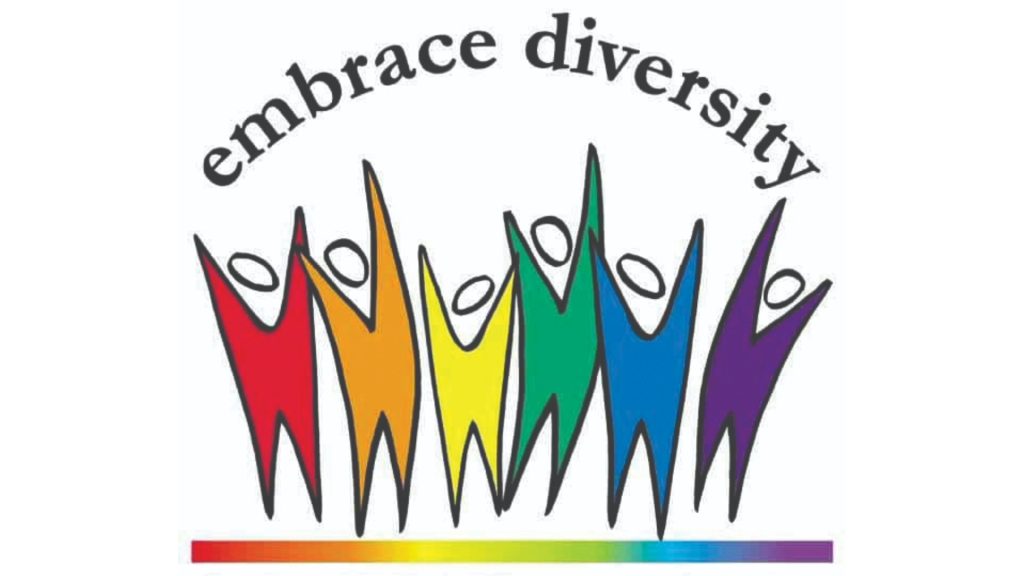
The next principle is equity which ensures fair treatment access opportunity eliminating barriers preventing full participation from particular groups. Finally it entails inclusion whereby diverse people are welcomed as their contributions appreciated.
Marjorie Taylor Greene’s Views on DEI
Greene’s conservative political ideology has shaped her views on DEI. Her criticism towards DEI initiatives has so far been vocal stating how divisive those measures have proved out to be according to her view point regarding unity amongst diverse groups along racial lines inside United States borders.
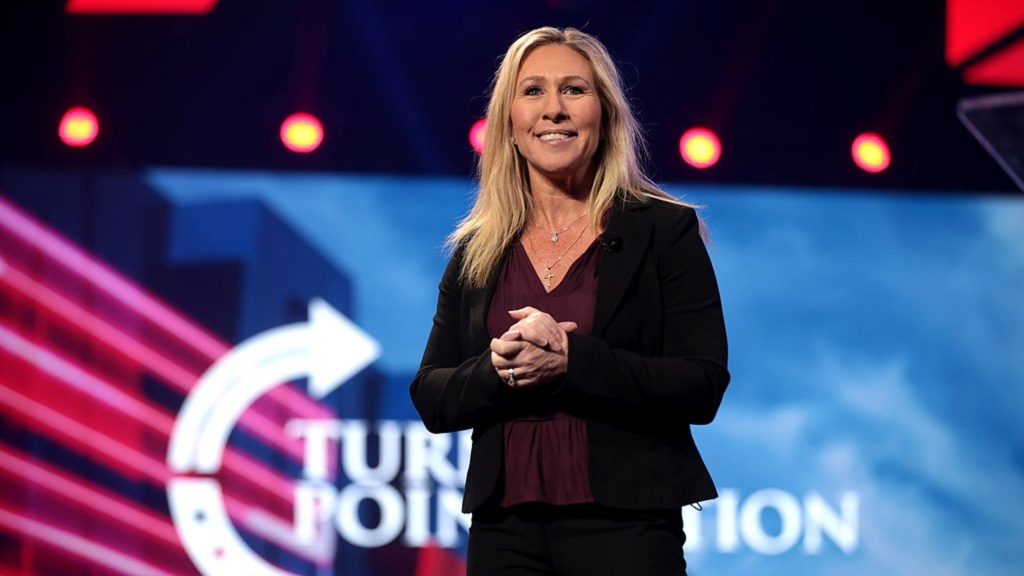
It even contributes towards promoting what she perceives as victimhood mentality in minority communities coupled together with resentment against majority racial affiliations leading further to rising racial matters instead of solving them; this shows how much race plays bigger roles than anything else throughout our society.Greene’s position on DEI has proven difficult because it mirrors larger societal divisions over DEI.
Greene’s Comments Addresses Race And Identity Concerns
The most recent DEI controversy focused on the training program implemented within the Fulton County District Attorney’s office. Greene found some of the content objectionable because it dealt with race and identity concerns.

She argued that concentrating on these matters was counterproductive and only served to create divisions among employees. Although specific details about the program have not been released publicly, Greene’s comments reveal that it contains discussions about systemic racism and privilege which are common topics in DEI trainings.
Greene’s Call for Defunding DEI Programs
Greene discovered this training program and publicly called for all DEI programs in Georgia to be defunded. She further argued against financing programs she claims breed racial divisions by using tax payers’ money.
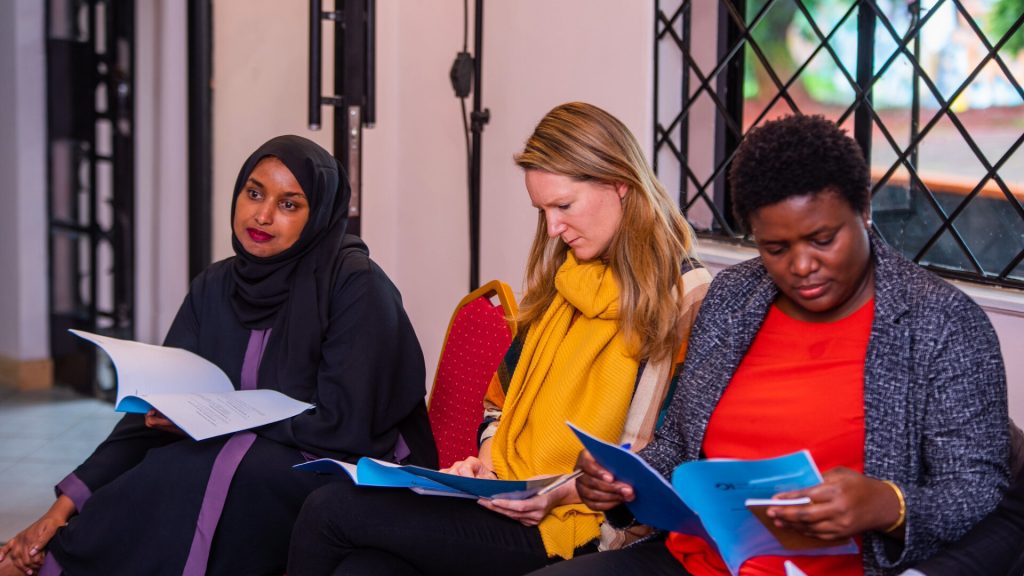
This is a new level of Greene’s opposition against these initiatives as she has always supported them or opposed them at local level only. Greene’s statement represents an outright assault on the widespread use of DEI programs across government offices, schools, and companies nationwide.
Reactions to Greene’s Comments Ha Society Split
Numerous responses have been triggered by Greene’s remarks about DEI. According to her supporters, who see her as an advocate for the rights of individuals and a critic of what they term political correctness, DEI programs are a form of indoctrination that tampers with personal freedom.
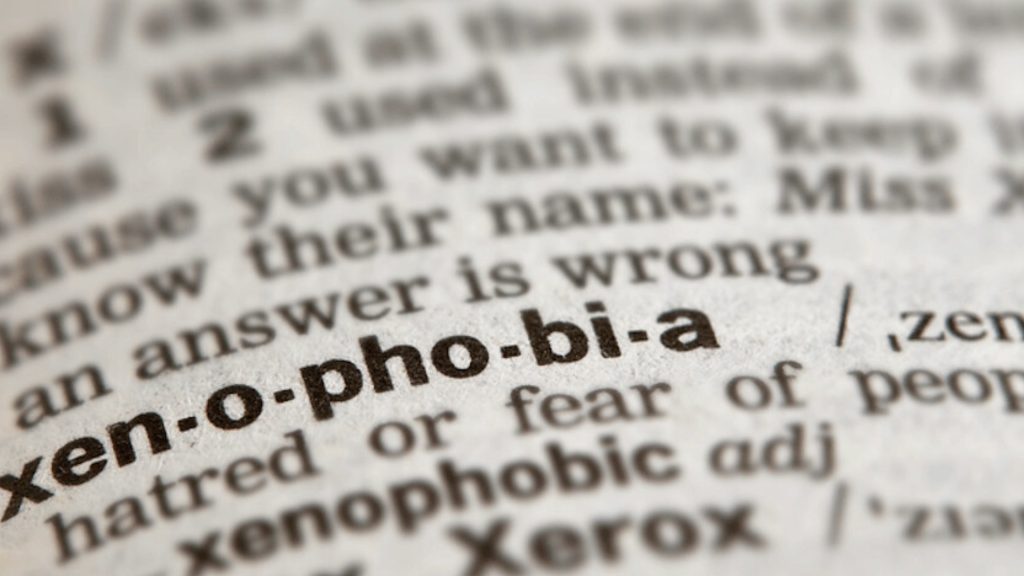
However, critics argue that Greene’s comments reveal a larger pattern of racism and xenophobia. They assert that her opposition to DEI programs stems from her unwillingness to recognize systemic racism and a desire to keep things the way they are.
DEI in the Workplace
Workplace DEI initiatives have been developed to allow all staff, regardless of their race, gender, sexual orientation or other elements of identity to feel appreciated and respected. These measures could take different forms such as diversity training programs, mentoring schemes or policies promoting equal opportunity.

They are aimed at developing a more diverse and inclusive workforce that has been proved by research as having several benefits including increased creativity, better decision-making and higher levels of job satisfaction.
What Does The Critics Of DEI Say?
DEI initiatives are usually seen in a positive light although they do have detractors. Some individuals believe that these initiatives create an “us versus them” perception which can only worsen the situation instead of alleviating it.
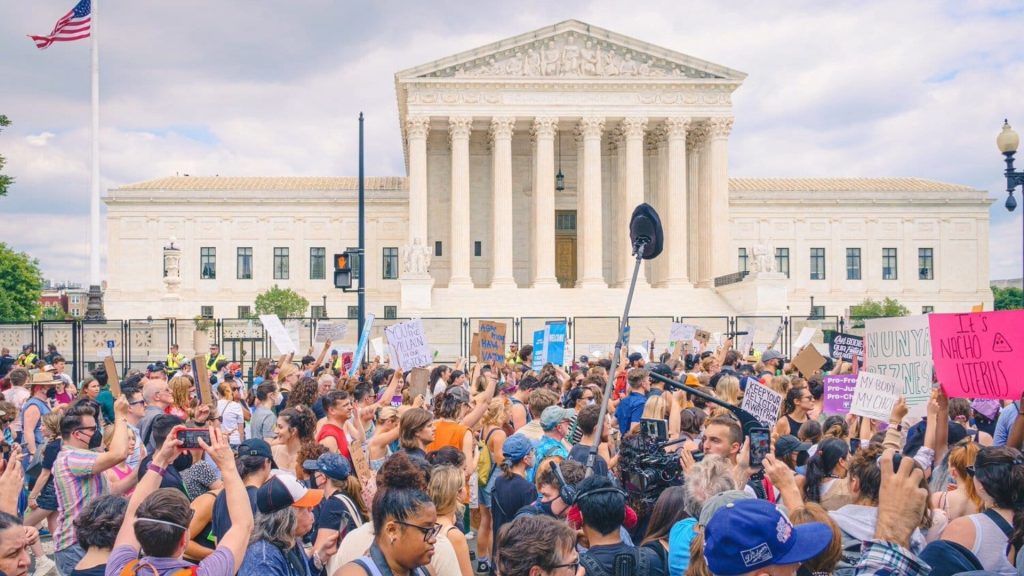
There are also critics who question the effectiveness of these programs by arguing that they focus mainly on surface-level diversity (race or gender) without considering deeper levels such as diversity in thoughts/experiences. Moreover, there is a worry that some DEI programs may promote reverse discrimination by alienating majority groups.
The Impact of Greene’s Comments On DEI Programs
Whether Greene’s comments will affect DEI programs within Georgia and beyond remains unknown. Nonetheless, this discourse has definitely caused concerns about the role played by DEI in society. On one hand, her statements might encourage those opposed to DI and E and result in close monitoring of these activities by many stakeholders.
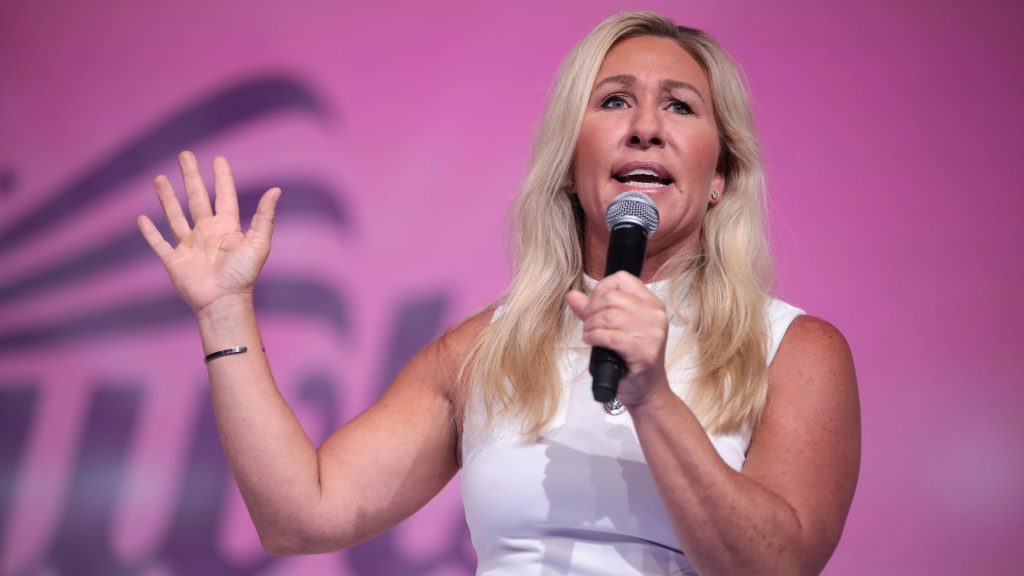
Conversely, the controversy surrounding Greene’s remarks may also lead to greater support for DEI where people come out strongly to defend such projects. Regardless of how things turn out eventually, it is clear that she has raised issues about DI and E for wider public debate.
The Role of Politicians in Shaping Public Opinion
Politicians like Greene greatly influence public opinion. Their positions affect public policies and social attitudes taken by societies. By opposing DEI, however, Greene goes beyond expressing her personal views.
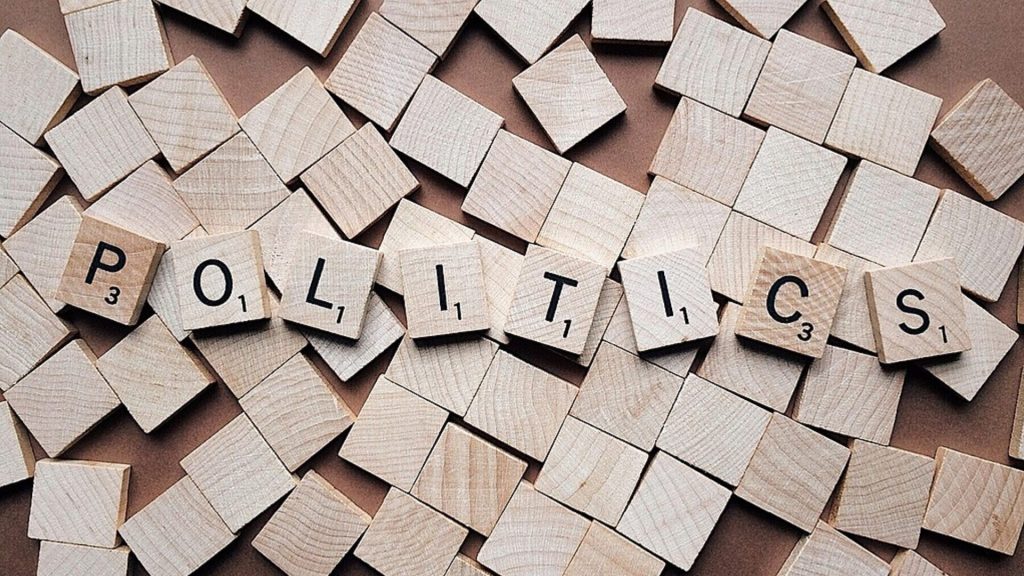
She influences those held by local voters and wider community members too. This points out how politicians not only draft laws but also use speeches to change minds instantly.
Greene’s Remarks Led To A National Discussion
Greene’s remarks about DEI are part of ongoing national discourse on race relations, diversity and inclusion within the United States. This dialogue is deeply rooted with several layers of complexity showing various opinions and experiences among its citizens. Although Greene’s stance is controversial, it represents a perspective that some Americans hold.

Therefore, they contribute to the richness and depth of the national DEI conversation. However, they also show how challenging this discussion can be as America searches for ways to achieve true equality and inclusion.
The Future of DEI Programs in Georgia
The future of DEI programs in Georgia is uncertain especially in light of Marjorie Taylor Greene’s comments. As a leading politician, her positions could shape decisions on policy and public opinion as well.

Furthermore, there may be a backlash against what Greene has said which might lead to an increased focus on DI and E instead. For many people this fight may come as a wake-up call that demonstrates why such programs are still needed.
The Important Role Of DEI In Society
Nevertheless, controversy aside; DEI is still at the core of our society which we cannot afford to ignore. It plays a critical role in promoting inclusivity and equity where no one should overrate its significance.

Although the road ahead may not be easy, what it offers to communities and workplaces makes it worth pursuing.
Greene’s Comments Sparked Discussion Regarding DEI
The controversy surrounding Marjorie Taylor Greene’s comments on DEI programs in Georgia has sparked a significant discussion about the role of diversity, equity, and inclusion in our society.
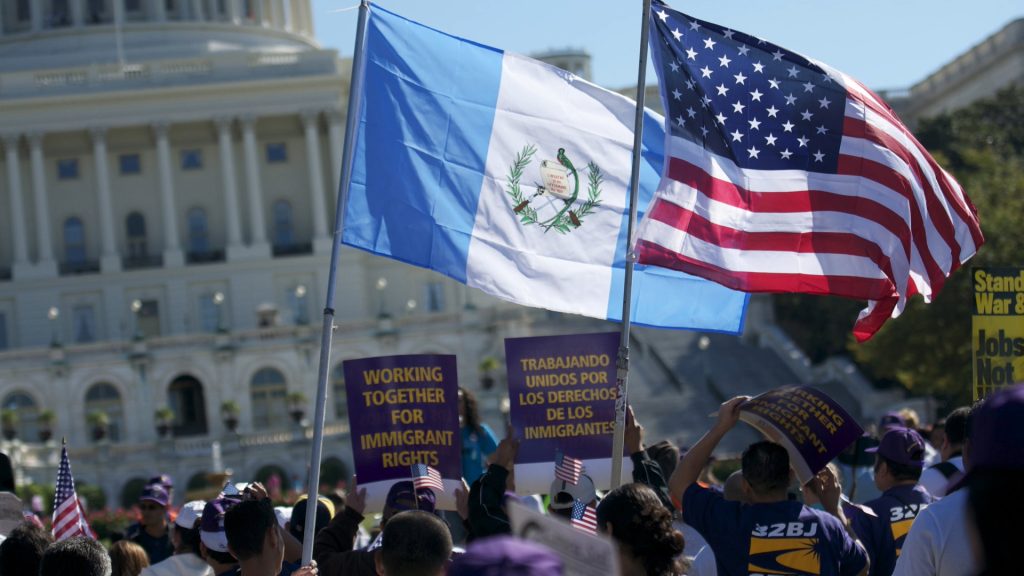
While her views are not universally accepted, they have brought attention to the ongoing debates about these programs. This resulted in the input from various communities and people.

